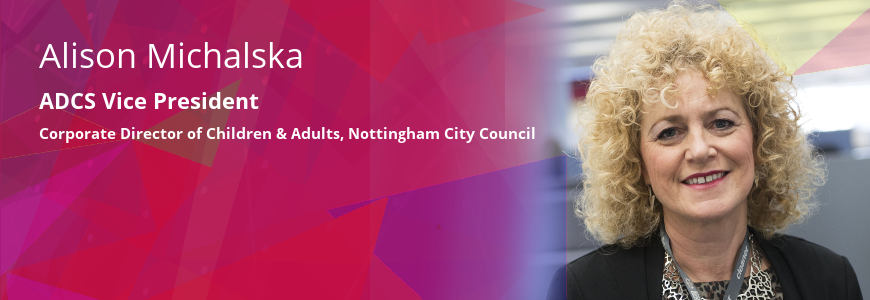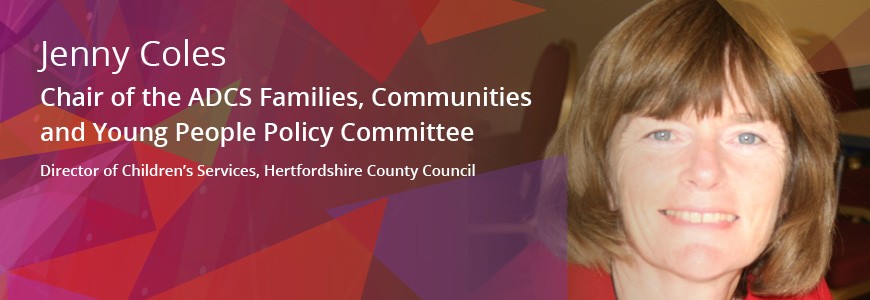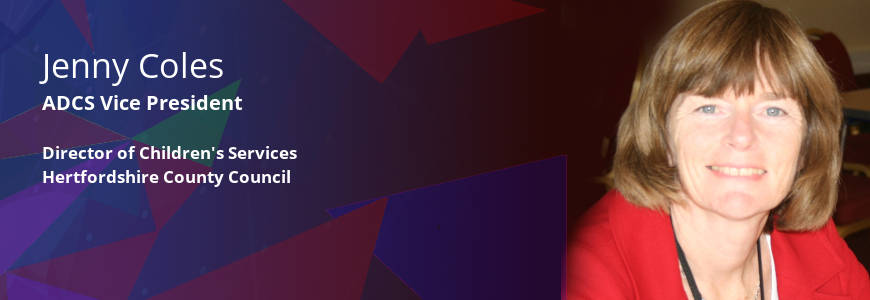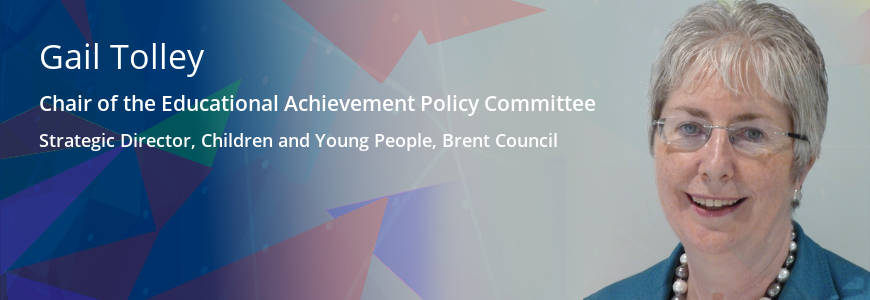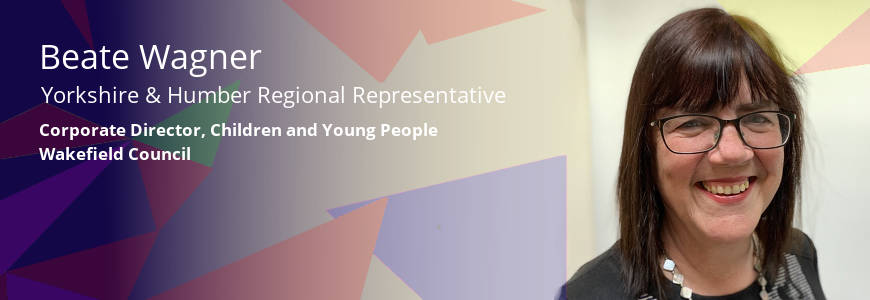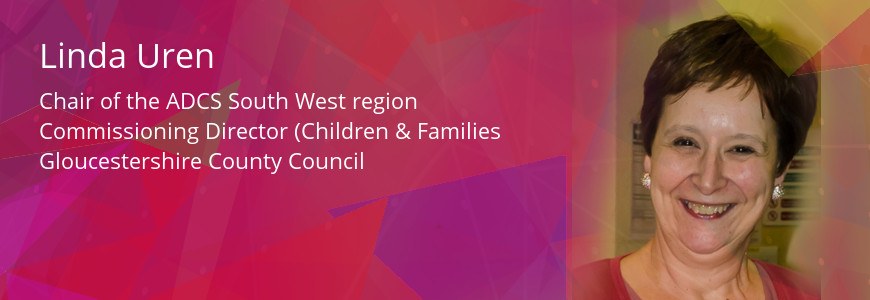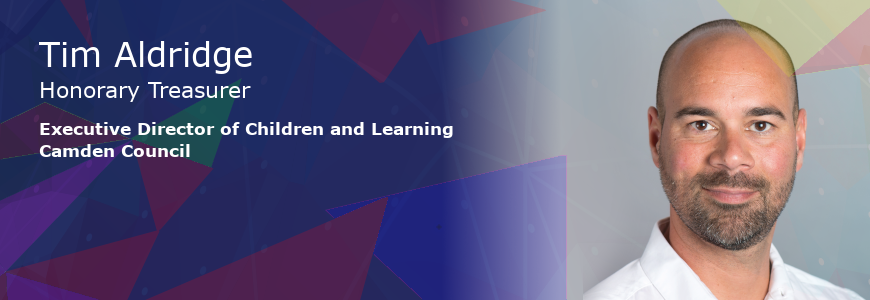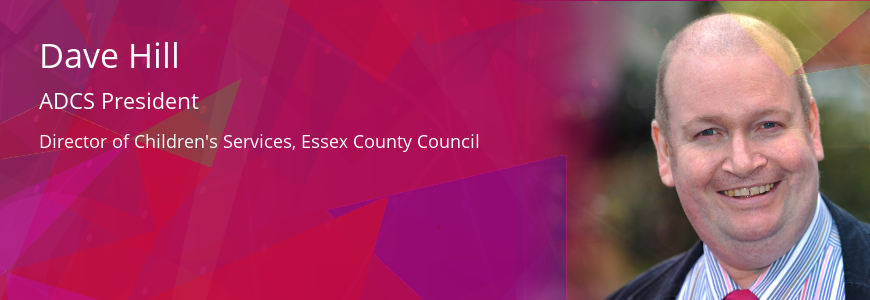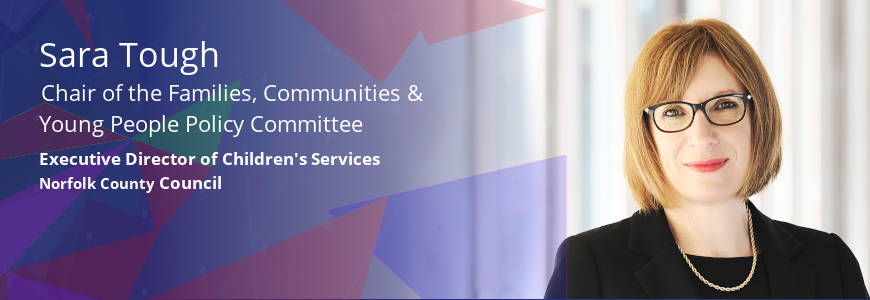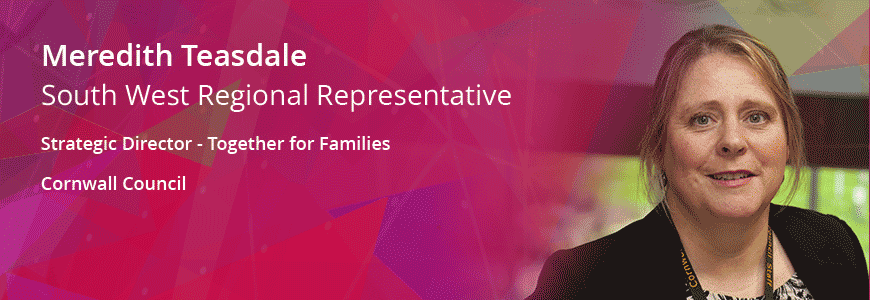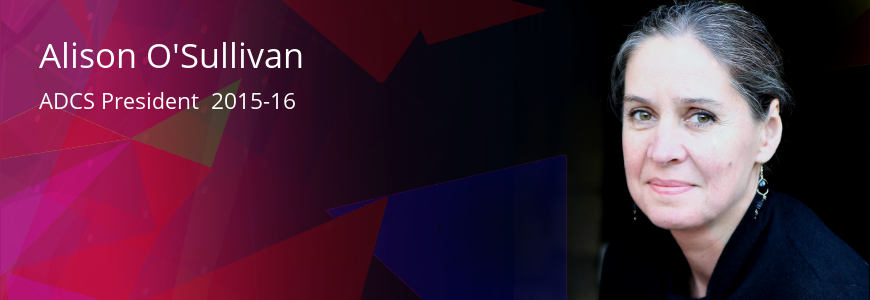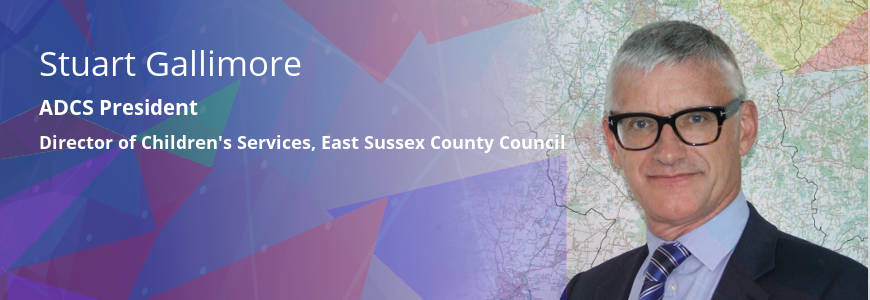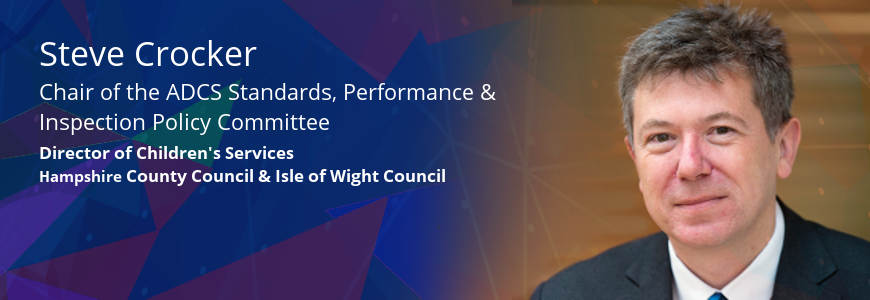Belonging

A new year, a new beginning with some clarity politically. This is my first blog since becoming ADCS Honorary Secretary and there were a number of contenders for what to write about: increasing numbers of children in care, child sexual exploitation, criminal exploitation or the impact on staff of the regulatory world that we work in. I have chosen to look back at the ADCS Position Paper A Vision for an Inclusive and High Performing Education System from 2018 and our approach to that paper in Telford, set out in our Belonging Strategy.
The paper asserts that “local authorities have a legal responsibility to champion the needs of the most vulnerable children and young people to promote educational excellence and ensure fair access to school places for all learners.” It goes on to conclude that too many learners are not having access to the quality of education to which they are entitled. Pressures of greater competition and diversity in admissions as well as a high stakes inspection regime further increases the risk of some vulnerable children and young people being squeezed out of the mainstream system. “We know that the social and financial costs of allowing children to get to the point of exclusion are huge; for many this is the first step on a journey that ultimately ends with social exclusion in adulthood too.”
In Telford we have seen increases in fixed term exclusions, children educated at home and children entering care since 2016. This has been accompanied by an increase in demand for support for children with mental health problems – an issue that was also highlighted by Ofsted in their 2018 Annual Report. Our approach has been to develop, in partnership with our schools, a Belonging Strategy.
The idea stems from work that Professor Kathryn Riley, from the UCL Institute of Education, has undertaken in understanding the challenges children may face in fitting into their school environment. Children at various times in their lives have to make sense of life changing events and frequently arrive at school unhappy, disengaged and displaying challenging behaviour. School can be a safe place to talk, to be listened to and to receive understanding and reassurance.
In Telford, we hold the ambition that every child will have a sense of belonging in their school or education setting and that the right support and social environment is in place at the right time to enable them to succeed. Self-evaluation and action planning to close gaps in provision and provide appropriate staff development are key to achieving this.
‘Belonging’ is that sense of being somewhere where you can be confident that you fit in and feel safe in your identity. It is vital that our schools become places of welcome and belonging. To quote Kathryn Riley “How leaders think, decide, act and reflect, and draw on their knowledge to create a roadmap of possibilities is critical to the well-being of children and adults.”
The purpose of developing this strategy is to promote a move away from traditional behaviour management approaches. Away from an emphasis on reward and sanctions linked to behaviour to a more humanist, relational and universal approach, which is inclusive to all.
Our approach aims to develop a sense of belonging, to support the wellbeing and mental health needs of all young people, to work with partners to develop a systemic approach to working with families of our most vulnerable learners, to ensure that all young people are ready for the next phase of their lives and to ensure support is available where there is a breakdown.
We measure our success in a number of ways such as looking at a reduction in exclusions, in-year transfers, use of modified timetables, referrals to higher level services, increased mental health and emotional resilience, successful transitions to secondary school, reduced drop-out rates at Year 12 and reduced numbers of young people requiring the support of statutory safeguarding services.
Our schools have embraced this approach. One example is the work of Krissi Carter, Principal at Burton Borough School, who has introduced a range of initiatives for both pupils and staff in her school which promote that sense of ‘belonging.’ A TEDx Norwich presentation ‘Badly Behaved or Emotionally Strained’ shows the remarkable results that have already been achieved.
So, what do we want - a system that excludes and isolates young people leading to youth offending and ultimately prison, or a system that uses empathy, support and ultimately leads to success? If we keep doing the same thing, then surely we should expect the same outcome.
If a child does not belong in school where do they belong?
Related Blog Articles
“She’s gone mad,” they said. “Completely bonkers,” said others. People...
In Inspection & Improvement
Highlighting the impact of neglect on young people is clearly presented in...
In Safeguarding & Child Protection
A few weeks ago in Hertfordshire, we were really pleased to be one of the areas...
In Early Help & Families
On Thursday we were advised that the five tests had been met and that the phased...
In
We are talking about little else at the moment, but I am not talking about...
In General
I have been wondering about whether the ADCS blog could become like one of those...
In General
Peter Clarke, HM Chief Inspector of Prisons, recently presented a shocking...
In Youth Justice & Secure Estate
If I was going to choose a word for 2024 (which I’m not, as that would be...
In Education
Earlier this week I attended a reunion with a group of much valued former...
In General
As a professional community we have been regularly sharing our experiences of...
In General
The period since Christmas has been an interesting one for us in Cornwall. On 23...
In Inspection & Improvement
In the last week, I had a really interesting series of meetings with Dave Hill,...
In Education
I’ve been thinking about education a lot recently as the end of another...
In Education
I am a bit of a closet Elvis fan and the lockdown has led me to explore the...
In Inspection & Improvement
I am an optimist. I’ve also got a strong tendency to look forward and not...

